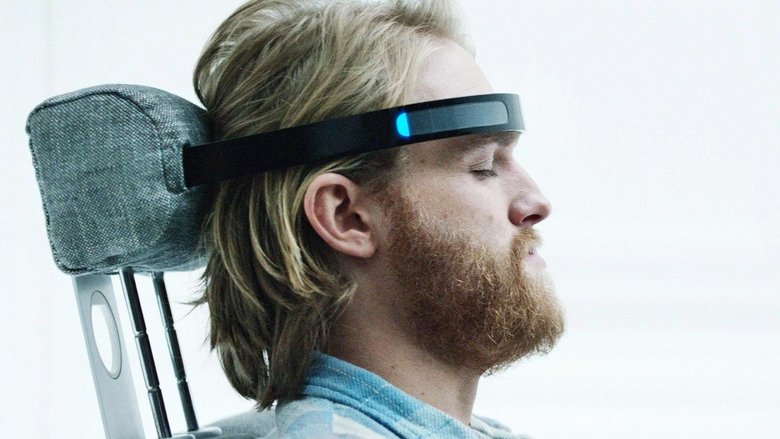Top TV shows exploring dystopian futures and social issues
Explore television series that use speculative or near-future settings to offer sharp critiques of contemporary society. These shows delve into complex social issues through compelling narratives.



Speculative fiction, particularly the semi-dystopian variety, has long served as a powerful lens through which to examine the anxieties and potential pitfalls of our own time. Television, with its capacity for deep, serialized storytelling, has become a particularly fertile ground for exploring these themes.
Shows in this genre don't just present bleak futures; they often hold a mirror up to current trends in technology, politics, and social dynamics, exaggerating them to highlight their potential consequences. Think of how a show like Black Mirror dissects our relationship with technology, turning everyday gadgets into sources of existential dread, or how The Handmaid's Tale extrapolates on real-world political and religious fundamentalism to craft a terrifyingly plausible oppressive regime.
It's fascinating to see how different series tackle similar core issues. Some focus on the erosion of privacy and the rise of surveillance states, while others explore corporate control, environmental collapse, or the ethical implications of artificial intelligence and genetic engineering. The power of these narratives lies in their ability to make abstract societal problems feel immediate and personal, prompting viewers to consider 'what if?' about the world around them.
Even earlier pioneers like The Twilight Zone understood the effectiveness of using allegorical tales to comment on contemporary fears and prejudices. Today's shows build on that legacy, using higher production values and longer narrative arcs to weave complex tapestries of societal breakdown and human resilience. They remind us that the future is not predetermined, but shaped by the choices we make today, offering both warnings and, occasionally, glimmers of hope.
12. The Leftovers (2014)
While not a traditional dystopia, The Leftovers is set in a world grappling with an inexplicable event known as the 'Sudden Departure,' where 2% of the world's population vanished instantly. The series follows the residents of Mapleton, New York, as they try to understand and cope with this profound loss and the resulting societal breakdown.
Based on Tom Perrotta's novel, the show is a deeply emotional and philosophical exploration of grief, faith, trauma, and the search for meaning in a changed world. It features various groups and individuals reacting in vastly different ways, from the silent, chain-smoking 'Guilty Remnant' to those seeking new forms of spiritual or psychological solace. Justin Theroux leads a stellar cast in this critically acclaimed, often surreal, and moving series.
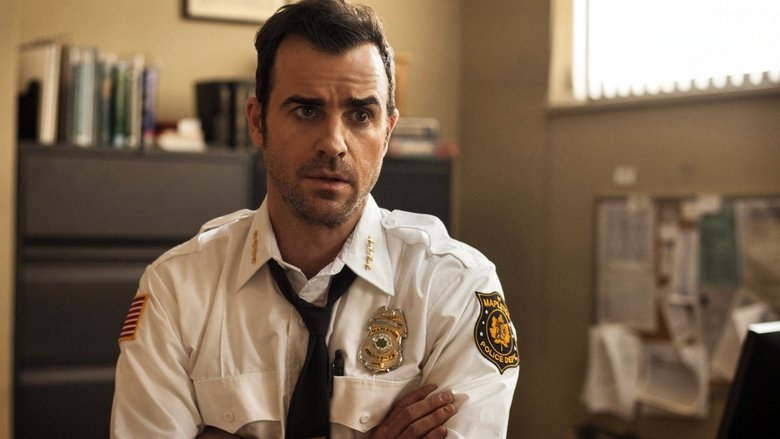
11. The Society (2019)
In The Society, a group of teenagers is mysteriously transported to a facsimile of their wealthy New England town, but without any adults. Cut off from the outside world, they are forced to establish their own rules and society to survive, which quickly proves challenging.
The series serves as a compelling social experiment, exploring how a community forms and breaks down when traditional authority is removed. It touches on themes of leadership, democracy, power struggles, and the inherent difficulties in creating a just society from scratch. The show effectively uses the isolated, unsettling setting to highlight the fragile nature of social order and the emergence of both collaboration and conflict.

10. The 100 (2014)
Set 97 years after a nuclear apocalypse, The 100 begins with 100 juvenile delinquents sent from a dying space station ('The Ark') back to Earth to see if it's habitable. What they find is a dangerous world inhabited by descendants of survivors.
The series quickly evolves beyond a simple survival story, exploring the difficult choices leaders must make for the survival of their people. It delves into themes of morality, tribalism, the cost of survival, and building society from scratch. The show isn't afraid to confront complex ethical dilemmas and the brutal realities of establishing order in a chaotic world, offering commentary on governance and human nature under duress.
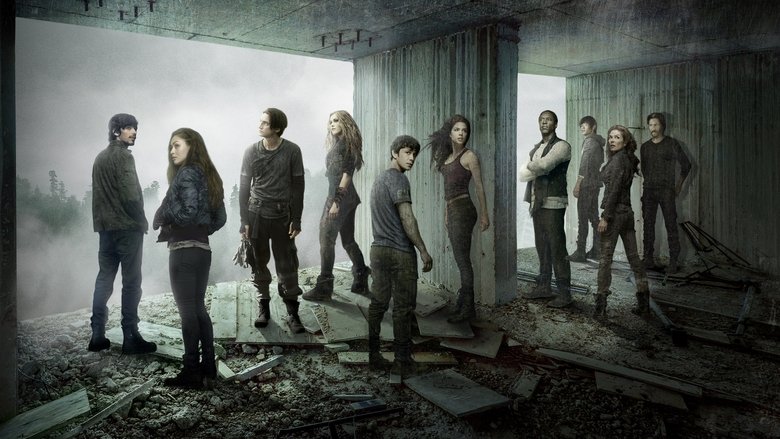
9. The Twilight Zone (1959)
Rod Serling's original The Twilight Zone is a timeless anthology series that used science fiction, fantasy, and horror to explore social and political issues of its day. Each self-contained episode presented a cautionary tale, often with a twist ending, reflecting on themes like prejudice, conformity, fear, and the human condition.
Considered a foundational work in speculative fiction, the show's influence can be seen in countless series that followed, including many on this list. Serling himself wrote the majority of the episodes, infusing them with his unique voice and moral perspective. Despite being made in the late 50s and early 60s, many of its stories and the social commentary within them remain remarkably relevant today.
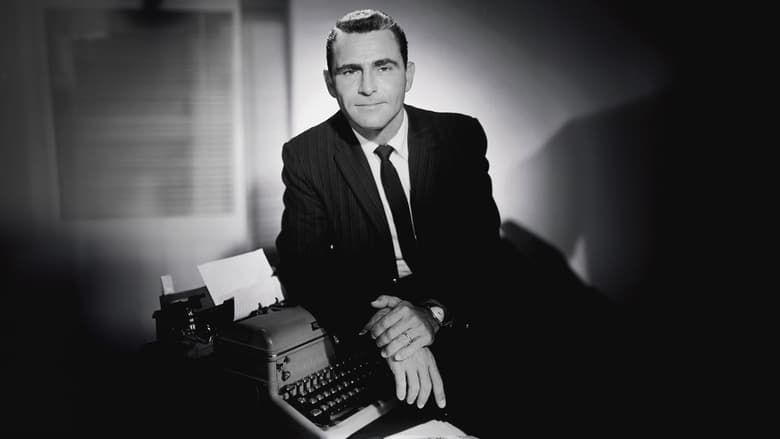
8. Orphan Black (2013)
When Sarah Manning witnesses the suicide of a woman who looks exactly like her, she assumes her identity, only to discover she's one of many clones. Orphan Black is a thrilling sci-fi series that explores the ethical and moral issues surrounding human cloning, corporate ownership of individuals, and identity.
Tatiana Maslany is an absolute revelation, playing multiple distinct clone characters with incredible skill and nuance – a feat that earned her an Emmy. The show is a fast-paced blend of conspiracy thriller and character study, delving into themes of nature vs. nurture, sisterhood, and bodily autonomy in a world where powerful forces see people as property. It's smart, engaging, and constantly surprising.

7. Mr. Robot (2015)
Mr. Robot follows Elliot Alderson, a cyber-security engineer with social anxiety and clinical depression, who is recruited by an anarchist hacker known as 'Mr. Robot' to join a group called 'fsociety.' Their mission? To cancel all debt by attacking one of the largest corporations in the world.
While not a traditional dystopia, the show paints a stark picture of a society controlled by corporate greed and technology, offering potent social commentary on capitalism, mental health, and privacy. The series is known for its technical accuracy in hacking, its unreliable narrator, and its unique, often claustrophobic, cinematography. Rami Malek's performance as Elliot is a standout, earning him an Emmy.

6. Utopia (2013)
The original UK version of Utopia is a stylish and darkly comedic thriller centered around a group of strangers who find themselves in possession of a cult graphic novel manuscript rumored to predict future disasters. This discovery thrusts them into a terrifying conspiracy involving a shadowy organization known as 'The Network.'
The show is visually striking with its bold color palette and unique cinematography. It's less traditional dystopia and more about the unsettling path towards one, driven by corporate power and hidden agendas. The soundtrack is distinctive and adds to the show's unsettling atmosphere. It's a wild, unpredictable ride with sharp social commentary on science, power, and control.
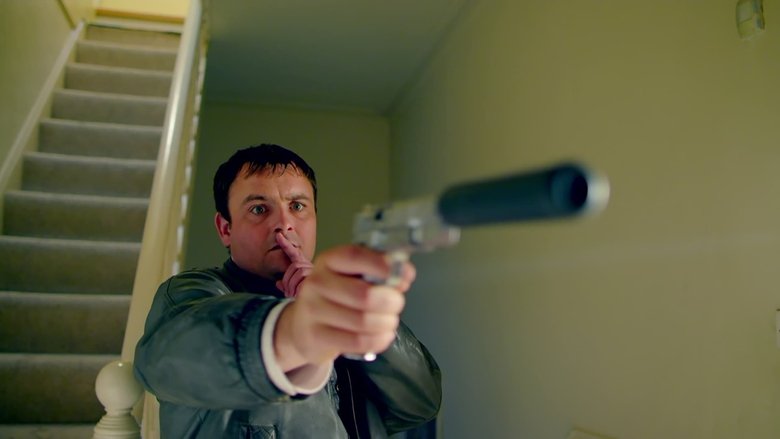
5. Humans (2015)
Set in a parallel present where synthetic humans, or 'synths,' are commonplace servants, Humans explores the ethical and social implications of AI integration. The series follows several interconnected storylines, including a family who buys a used synth with a secret and a group of conscious synths seeking freedom.
This UK-Swedish co-production (an adaptation of 'Real Humans') offers a nuanced look at prejudice, identity, and what it truly means to be human. It thoughtfully tackles themes of civil rights, exploitation, and the fear of the 'other' as synths begin to challenge their programmed existence. The performances, particularly from the synth actors, are eerily compelling.

4. Westworld (2016)
Step into a futuristic theme park populated by synthetic beings, where guests can live out their wildest fantasies without consequence. But what happens when the 'hosts' start to gain consciousness? Westworld is a complex, multi-layered series that delves deep into artificial intelligence, consciousness, free will, and the morality of technological advancement and exploitation.
Inspired by Michael Crichton's 1973 film, the show features a powerhouse cast including Anthony Hopkins and Ed Harris. It's known for its intricate narratives, philosophical questions, and stunning visuals. The showrunners, Jonathan Nolan and Lisa Joy, meticulously crafted the show's mysteries and timelines, rewarding attentive viewers with hidden clues and connections.

3. The Man in the High Castle (2015)
Imagine a world where the Axis powers won World War II. That's the chilling premise of The Man in the High Castle, based on Philip K. Dick's novel. This series paints a detailed picture of a divided America under Nazi and Japanese rule, exploring themes of fascism, resistance, identity, and the nature of reality itself.
The production design is stunning, creating a believable and unsettling alternate 1960s. The show masterfully builds tension as characters navigate loyalty, betrayal, and the search for mysterious propaganda films that depict a different outcome of the war. Ridley Scott, known for crafting compelling futuristic worlds, served as an executive producer, bringing his signature visual flair to this compelling historical 'what if'.

2. The Handmaid's Tale (2017)
Based on Margaret Atwood's seminal novel, The Handmaid's Tale plunges you into the terrifying Republic of Gilead, a totalitarian society formed in the former United States where fertile women are enslaved for reproduction. This series is a powerful and often brutal exploration of oppression, reproductive rights, religious extremism, and female agency.
Elisabeth Moss delivers a captivating and intensely internal performance as Offred/June, navigating a world stripped of basic freedoms. The show's visual style, particularly the iconic red cloaks and white bonnets, has become a potent symbol of resistance. Fun fact: Margaret Atwood herself makes a brief cameo appearance in the first season! It's a challenging watch, but incredibly relevant and critically acclaimed for its unflinching social commentary.
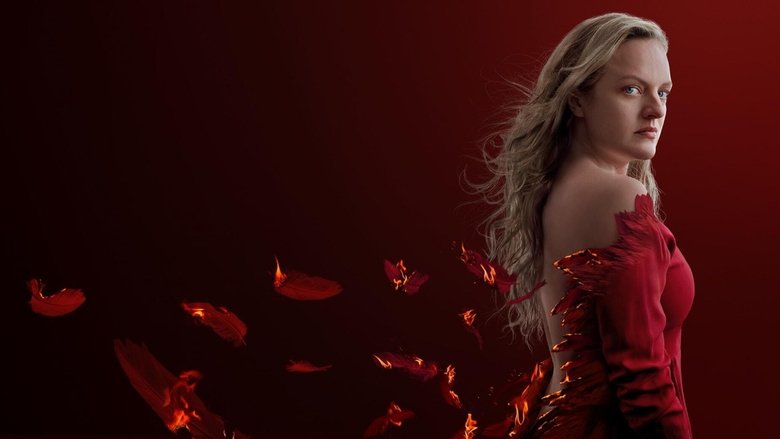
1. Black Mirror (2011)
Dive headfirst into the unsettling near-future with Black Mirror, an anthology series that masterfully uses technology as a lens to examine the darker aspects of human nature and society. Each standalone episode presents a unique, often chilling, scenario exploring themes like social media obsession, surveillance, privacy, and the ethics of artificial intelligence.
Created by Charlie Brooker, the show is renowned for its thought-provoking premises and unexpected twists. Did you know that the first episode, 'The National Anthem,' was intentionally designed to be shocking and provocative to grab attention? It certainly worked! This show isn't just entertainment; it's a stark warning and a mirror reflecting our potential future, making it a must-watch for anyone interested in the intersection of technology and humanity.
